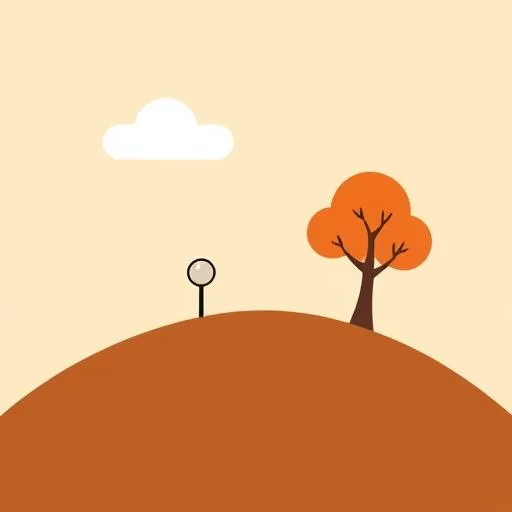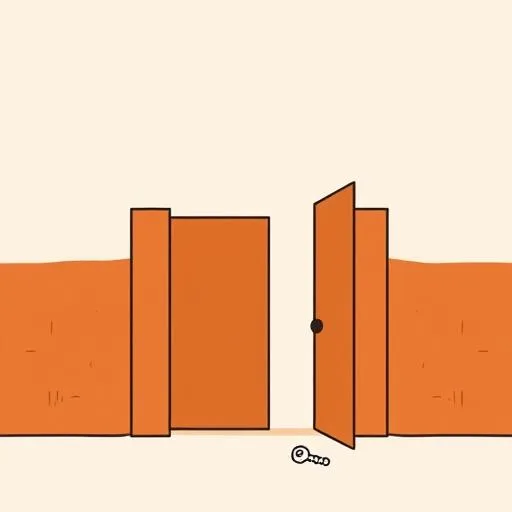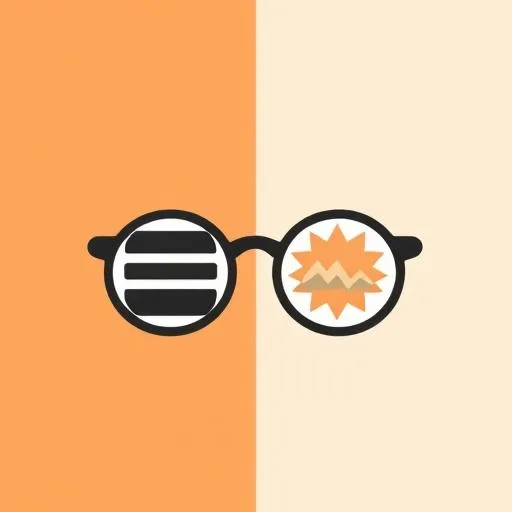
Walking outside today, the sky is so incredibly clear you feel like you can see for miles. It’s one of those perfect early autumn days. And it got me thinking about clarity—especially the kind of clarity our kids have when they look at the world. When they ask a question, they expect a straight, simple answer. But what happens when the place they go for answers—that little search box—has been playing by its own set of rules? The recent ruling on Google’s monopoly feels like that moment the clouds finally part. It’s not just tech news—it’s a seismic shift in the digital world our children are growing up in! And let me tell you, BAM! This is absolutely something we NEED to talk about like our kids’ futures depend on it—because they do!
What Does the Google Antitrust Ruling Mean for Families?

Alright, let’s break this down. Imagine the internet is a massive, amazing playground. For years, one company, Google, basically had a deal to be the ONLY entrance gate. You want to find the swings? The slide? The sandbox? You had to go through their gate. Judge Amit Mehta just ruled that this setup was, in fact, an illegal monopoly. That’s HUGE! Google was making these massive, multi-billion-dollar deals—like a reported $26 billion-a-year handshake with Apple—just to make sure their gate was the default one on almost every phone and browser. It essentially boxed out any competition.
But here’s the twist: instead of tearing down the playground, the judge decided not to break up the company. Google gets to keep its Chrome browser and Android operating system. Instead, they’ve been told they have to stop making those exclusive deals and must start sharing some of their (anonymized) data with smaller competitors. Think of it this way: the main gate is still there, but now, other, smaller gates have to be allowed to open up right alongside it. It’s not the total revolution some wanted, but it’s a door creaking open, and for our kids, that could change EVERYTHING.
How Does Google’s Monopoly Shape Kids’ Worldview?

This whole thing goes so much deeper than just which search engine pops up first. It’s about the very lens through which our kids see the world. When one single source dominates 90 percent of the search market, its algorithm doesn’t just provide answers—it curates reality. It decides which ideas, which images, and which voices get amplified. It subtly shapes what our kids perceive as important, true, or even possible. It’s like giving them a single, beautifully illustrated encyclopedia and telling them it contains all the knowledge in the universe. As someone who’s spent years looking at how information flows and connects, I can tell you that’s simply not how the world works—our kids deserve access to the full library, not just one shelf!
This ruling is a powerful reminder that we, as parents, are the chief curators of our children’s information diet. But what does that really mean? Are we truly helping our kids develop discernment when we shield them from multiple perspectives? How do we balance protecting them while still encouraging them to explore diverse viewpoints? These are questions I grapple with daily as I raise a critical thinker in this complex digital world. For my little girl, who’s in that magical phase where every day brings a thousand “whys,” the world is an endless buffet of wonders. The thought that her boundless curiosity could be channeled through such a narrow funnel is, honestly, a little scary. This isn’t about demonizing a tool; it’s about recognizing its immense power and celebrating the chance for more diversity in the answers our kids can find. It’s about ensuring they get to see the world in vibrant, multi-perspective technicolor, not just one company’s branded monochrome.
Practical Tips for Fostering Kids’ Digital Literacy

So what do we do? We turn this into an adventure! As someone who’s bridged traditional values and today’s digital landscape firsthand, I believe we can honor both the wisdom of our ancestors and the curiosity of our digital natives. This is our chance to raise a generation of savvy, critical thinkers who don’t just accept the first answer they see. The other day, my daughter and I were building a wild-looking spaceship out of blocks, and she asked, “Daddy, what’s the fastest thing in the whole universe?” My first instinct was to just type it into my phone. But we stopped. I said, “That’s an AMAZING question! What if we become detectives and check a few different places to see what they say?”
We tried a couple of different search engines, and it was fascinating! The results weren’t wildly different for a factual question like that, but the way they were presented, the images that came up, the “related questions” they suggested—it was all slightly unique. It sparked a whole new conversation about how different tools can give you different ideas. It became a game! This is such a simple, joyful way to build digital literacy. We can make it a family habit to “get a second opinion” online, just like we would in real life. It teaches them that the internet isn’t a single voice of truth, but a bustling marketplace of ideas they get to explore and question. It’s not about finding the “right” answer, but about enjoying the journey of discovery itself!
A Hopeful Digital Horizon for Families

This ruling is more than just a legal decision; it’s a signal of hope. By forcing the door open for competition, it creates space for innovation. Imagine new search tools designed specifically for kids’ safety, or ones that prioritize creative, hands-on projects, or platforms that champion different cultural viewpoints. A more competitive market means companies will have to work harder to serve *us*—our families—better. They’ll have to build tools that are more ethical, more transparent, and more aligned with our values.
This isn’t about a future free from challenges. But it’s a future with more choices. And choice is empowering. It gives us the ability to guide our kids toward tools that spark their unique genius instead of just funneling them down a pre-set path. It’s a future where our kids can be architects of their own digital experiences, not just passive consumers. And honestly, as a dad, that fills me with an incredible amount of excitement and optimism! Can you just picture it? Our kids, armed with more diverse tools and perspectives than we could have imagined, creating digital futures that are more inclusive, ethical, and wildly creative. Sometimes I look at my daughter, lost in her make-believe world, and feel this overwhelming hope—knowing that this new digital landscape might just give her even more ways to shine and share her unique gifts with the world! The digital sandbox is officially expanding, and I absolutely cannot wait to see what our little ones build in it!
Source: Judge rules Google maintained monopoly but escapes breakup, Techpinions, 2025/09/06 13:36:00
